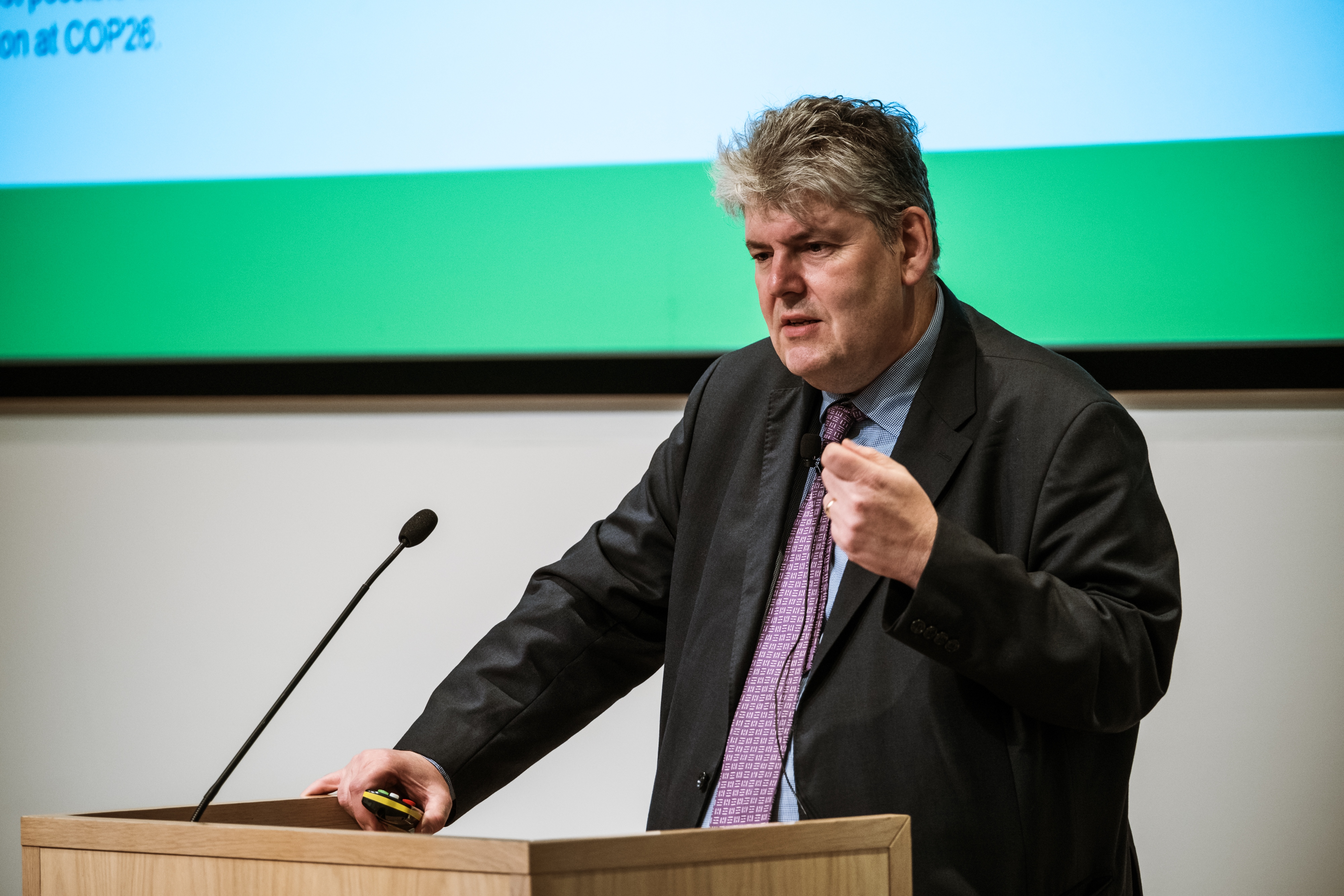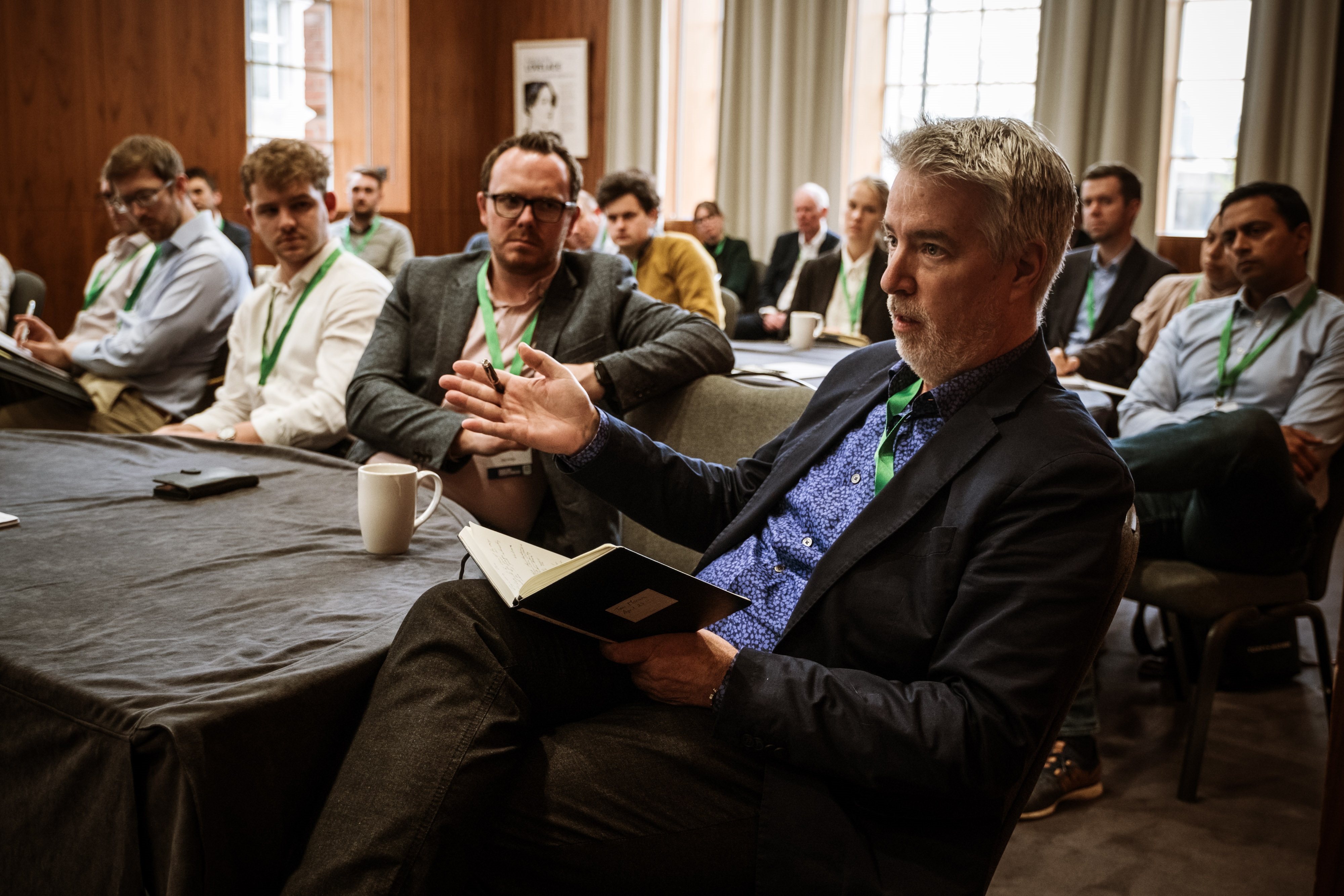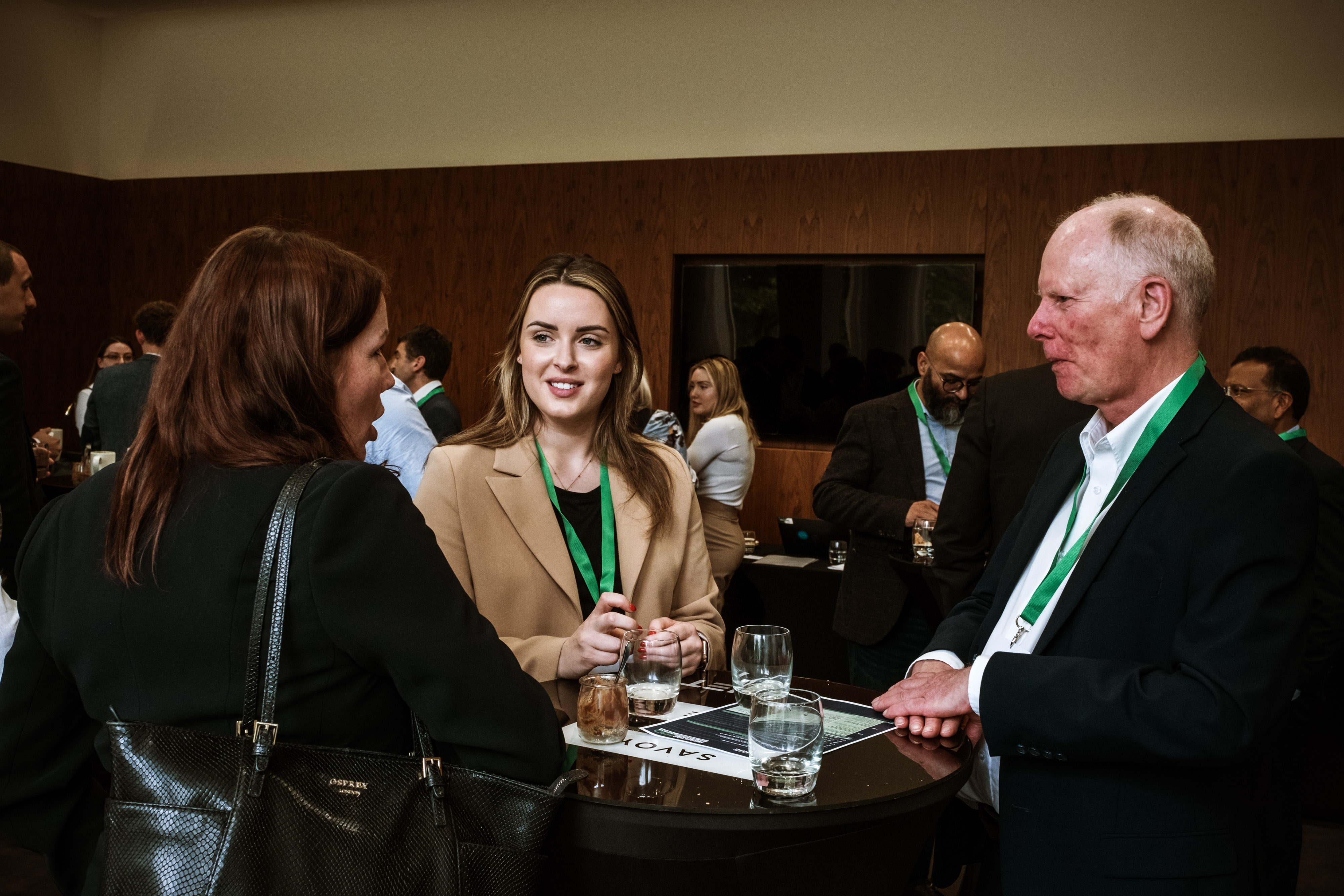Engineering Zero is a one-day conference designed for leaders in manufacturing looking to start their net zero journey or improve their current strategies.
The conference features a line-up of industry experts covering everything from digital technologies, operational efficiencies, workforce reskilling and supply chain innovations. Hear from those who have been there, done it, continue to do it, and are now reaping the rewards.
Take away practical skills that will help you optimise your net-zero transition while keeping costs down.
The conference features a line-up of industry experts covering everything from digital technologies, operational efficiencies, workforce reskilling and supply chain innovations. Hear from those who have been there, done it, continue to do it, and are now reaping the rewards.
Take away practical skills that will help you optimise your net-zero transition while keeping costs down.
Don't miss discussions on:
- Practical planning for efficient, sustainable and low carbon operations
- Leadership and vision: engaging your workforce
- Collaboration and transparency with your supply chain
- Smart factory models for hyper-adaptability and success in today’s rapidly changing business environment
- Regulation, incentives and funding – what next for UK manufacturing?

Speak at Engineering Zero
In 2023 we had a variety of industry leading speakers, who are pioneering the drive to net-zero within UK manufacturing. If you are interested in joining in, and having your say at our 2024 event, find out more below.

Attend as a Delegate
Registration to attend Engineering Zero as a delegate is currently closed. However, you can stay up to date, and be the first to know when booking opens up (and capitalise on our early bird rate!) by registering your interest below.

Sponsor/Exhibit at Engineering Zero
We have a number of different sponsorship and exhibition packages available for the 2024 conference. If this is of interest to you and your company, then please don't hesitate to reach out to us using the link below.
































